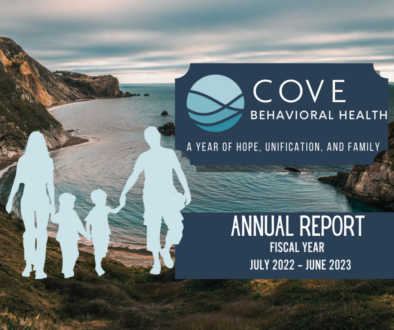How to parent a teen struggling with depression or social anxiety.
After the stress of parenting through the pandemic and managing over two years of major life changes, it can be hard to know how to help a depressed teen or how to help a socially awkward kid. Part of parenting means having a few mental health tools and resources on hand.
The percentage of high school students experiencing sadness or hopelessness that interfered with their daily lives increased from 37 percent in 2019 to 44 percent in 2021, but this disproportionately falls harder on some. Non-straight students are about twice as likely as straight students to report mental health struggles. Similarly, girls are twice as likely as boys to have a similar concern.
A majority of teens report receiving some sort of emotional abuse from adults in their own household at the peak of the pandemic’s lockdowns. Children’s behavior has been shown to mimic adults’ behavior, which includes how they interact with others and their increase in alcohol consumption. Almost a third of teens tried some form of a drug during the pandemic. Vaping and marijuana use have become more common than cigarettes and painkillers. Social media has also been shown to increase levels of depression and anxiety in teens. Time spent on social media has greatly replaced the hours spent on face-to-face socialization, sports, and sleep, leading to an overall less happy and less socially adjusted age group.
It’s important to understand how the signs of depression may look different in a teen.
The following signs are more common in younger patients:
- An irritable mood, rather than sadness
- Unexplained aches and pains such as headaches and stomachaches
- Vulnerability to criticism or rejection
- Socializing much less or changing friend groups
- Difficulty concentrating
- Taking risks they wouldn’t normally take
If your teen is struggling, start by explaining to them what depression and anxiety are while addressing myths and social stigmas. Let them know what treatment options are available and discuss a way forward with a possible combination of medication, therapy, and lifestyle changes. Lastly, do your research but also ask them what they think is the best way they can be supported.
If you see signs of depression in your teen, the WHO recommends the following:
- Pay extra attention during major life changes
- Encourage regular healthy life habits and model them
- Spend time with them doing things they enjoy
- Ask others close to your child if they’ve noticed any changes
- Reach out to your healthcare provider for advice and mention anything concerning your child has said to you or major changes you’ve noticed
- Start with a guide and conversation starters on how to talk to your teen.
The good news is that 80 percent of teens show progress 6-8 weeks after starting treatment for depression. While rates of sadness are increasing among teens, this is partially due to the fact that young people are more willing to talk about their mental health and seek help.
 Start talking to your kids about how you can offer them support.
Start talking to your kids about how you can offer them support.
Cove provides comprehensive mental health services for all mental health issues for teens and adults. If you have a young person or family member that you are concerned about, contact us today at www.covebh.org/contact-us or call us at 813-384-4000.







